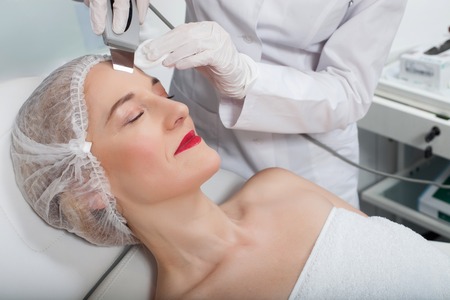Guidelines for Returning to Physical Activity and Exercise After Medical Aesthetic Treatments
Introduction to Post-Treatment CareAfter undergoing any medical aesthetic procedure—be it dermal fillers, anti-wrinkle injections, laser treatments, or skin tightening therapies—appropriate aftercare is essential to achieving optimal results and ensuring your safety. Many individuals are keen to return to their regular routines, including exercise and physical activity, but it is crucial to understand how these activities…





